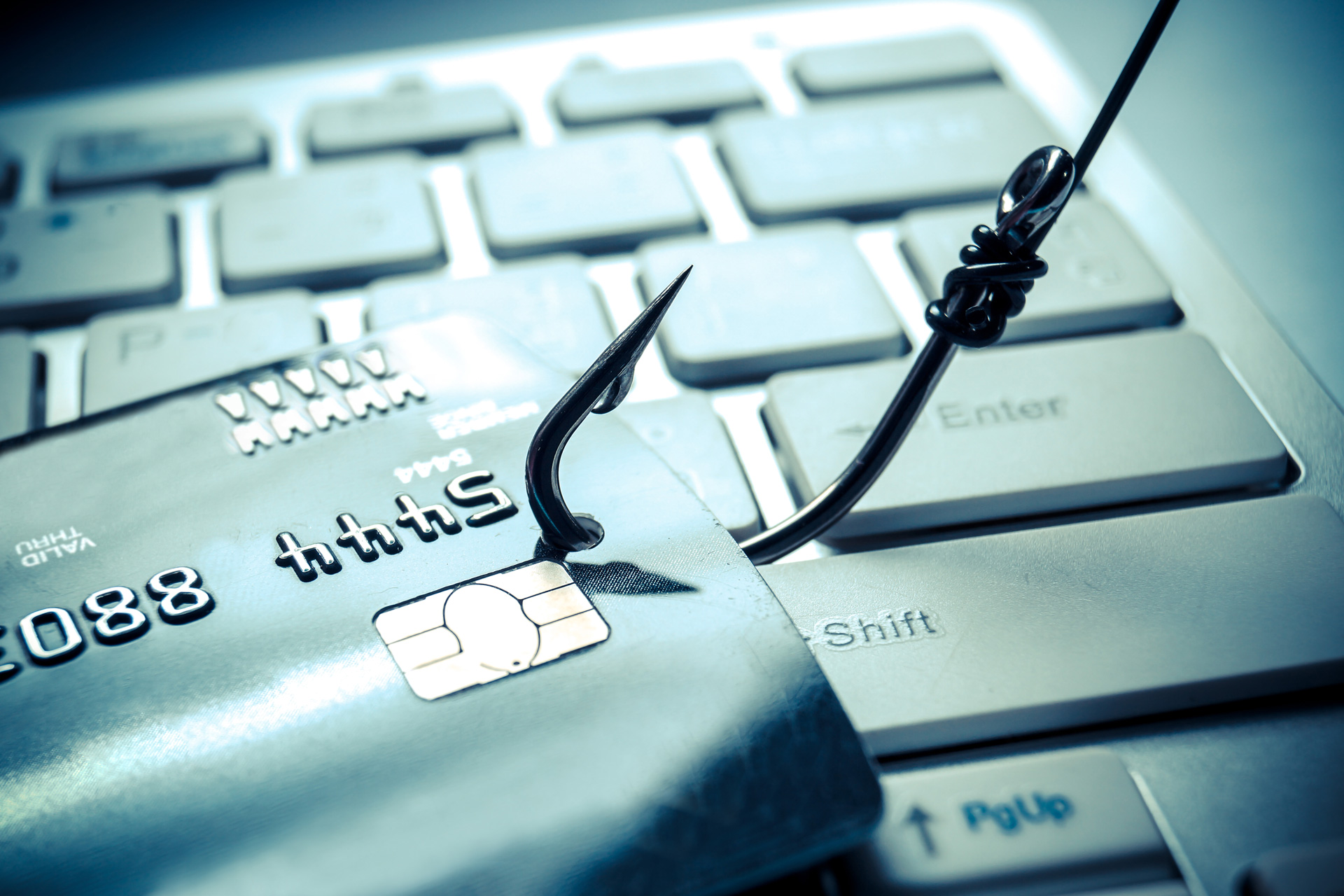5 ways that free antivirus can keep you safe online
A free antivirus app can cover a broad range of security bases

You might think that a cost-free antivirus app won’t offer robust enough levels of protection to keep you truly safe online. After all, something you get for absolutely nothing can’t be as good as an antivirus application you pay for – right?
Well, that’s not necessarily true. Some of the paid-for antivirus apps out there can be rather shaky in quality, particularly more obscure offerings, which may well be worse than a free piece of software from a reputable, highly thought of provider.
And even comparing like-for-like, meaning free and premium products from the same brand, crucially you are still getting the same fundamental protection with a free app. In fact, that’s the first way free antivirus keeps you safe, and we’ll expand on that momentarily – followed by another four ways in which a freebie security app can accomplish the task of ably defending your device. Because if you thought extras like, say, bundled VPN functionality were the province of premium offerings, then think again…
Today's best free security download is Avira Free Antivirus
Avira takes the title of our favorite freebie right now - beating out all the competition including Microsoft Defender. In addition to scoring brilliantly for pure protection from independent test labs, it also comes with a whole host of features like scam protection, password manager and even a free VPN.
1. Providing strong core protection from malware
The fundamental reason for the existence of internet security software is to stop malware from infecting your system. It does this with an antivirus engine, which is regularly updated with definitions of emerging malware, and also incorporates heuristics that can spot malware simply by its behavior - stopping something that's so fresh, it’s not covered by the aforementioned definitions.
That engine in the free product will be the same as the one employed in the paid app – or at least it will be with any antivirus maker worth its salt, which is why you should stick to well-known and reputable security firms. So, given that, even though you’re using the free version of the antivirus, you’re still getting the same fundamental protection from malware as paid users – which is enough to defend your PC while you’re online.
Where premium products differentiate themselves, generally speaking, is in the extras they provide – often valuable ones. But freebie antivirus apps sometimes boast extras too, as we’re about to see.
- Read more: How to choose the best antivirus for you
2. Password protection
In a similar vein, some free apps come with an integrated password manager, although admittedly this functionality is reserved for the premium product in many cases. Not always, though, and Avira Free Antivirus is an example of a freebie program that carries useful extra functionality in the form of a built-in manager that will create strong passwords for you, and automatically enter them.
Sign up to the TechRadar Pro newsletter to get all the top news, opinion, features and guidance your business needs to succeed!
This saves you using (or indeed re-using) overly simple passwords, or having to jot down complex passwords to remember them – or similarly insecure methods. Passwords can often be a weak point in many user’s security habits, but there’s no need to take risks if you pick the right free antivirus application.

3. Anti-phishing defenses
Phishing is the practice of baiting someone to click a link – generally in an email, or on social media – in order to propagate malware or for some other nefarious purpose.
Often free virus apps will contain dedicated anti-phishing layers to specifically defend against this troublesome threat, and also quite often web protection (sometimes in the form of a browser plug-in) to keep you safer when surfing the web. All of this keeps you more secure in general when going about your daily online life.
4. Bundled VPN for extra security
Some antivirus programs might save a bundled Virtual Private Network for their premium apps, but equally there are some freebie antivirus offerings which carry this functionality. That said, the feature is invariably limited compared to the paid app – but still, you’re getting something for nothing.
For example, Avira Free Antivirus has an integrated VPN, although the caveat is you’re restricted to 500MB a month as a data allowance. True, that’s very little, but it may still come in handy in a pinch, and it’s certainly a useful perk to have for occasional usage, further bolstering your online security and privacy when needed. We have seen some other providers that will give you a bit more data.
This sort of limited integrated software will only be for very occasional use (so don't expect your perfect streaming VPN partner here) but as we’ve said, it’s definitely handy to have on tap now and then if you don’t run a separate program.
- Read more: What is a VPN?
5. Anti-ransomware countermeasures
Often an anti-ransomware layer will be territory only covered by a premium app, but again, if you hunt carefully among freebie antivirus offerings, you can find protection from this particularly nasty family of malware. If your freebie antivirus includes some kind of ransomware shield, it will help prevent certain key folders from being pillaged by ransomware.
Ransomware can really ruin your day, so an additional layer of protection is a very welcome addition to your gratis security armory.
Darren is a freelancer writing news and features for TechRadar (and occasionally T3) across a broad range of computing topics including CPUs, GPUs, various other hardware, VPNs, antivirus and more. He has written about tech for the best part of three decades, and writes books in his spare time (his debut novel - 'I Know What You Did Last Supper' - was published by Hachette UK in 2013).
